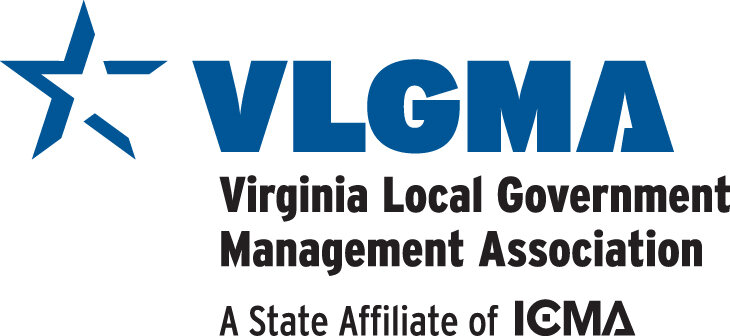2021 Virginia General Assembly - Freedom of Information Act Recap
Authored by Andrea Erard, Attorney at Law
Numerous amendments have been made over the 50 years plus since the Freedom of Information Act (FOIA) was introduced. During the 2021 Virginia General Assembly, more than 1,476 pieces of legislation were considered. Five of the bills passed amend FOIA. The Act is continually being updated to ensure access to public records and meetings of public bodies. Below is a list of the amendments.
Criminal Investigative Records
Currently, the release of criminal investigative files is discretionary. After July 1, 2021, criminal investigative files relating to a criminal investigation or proceeding that is not “ongoing” must be released. “Ongoing” is defined as “…a case in which the prosecution has not been finally adjudicated, the investigation continues to gather evidence for a possible future criminal case, and such case would be jeopardized by the premature release of evidence.”
Public bodies have 60 workdays to respond to a request for criminal investigative files. This is a significant change.
Electronic Meetings
Currently, a member of a public body may participate in a meeting electronically where a quorum is physically assembled and the member is unable to be physically present because of a personal reason or a medical condition. After July 1, 2021, a member may also participate electronically because of a medical condition of a family member that requires the member to care for the family member.
Electronic Meetings During an Emergency
As of July 1, 2021, a public body can meet electronically, without a quorum physically present, when the Governor has declared a state of emergency, the nature of the emergency makes it impracticable to meet, and a meeting is necessary to provide for continuity of government operations.
Personal Contact Information No Longer Released
Personal contact information belonging to citizens will no longer be required to be disclosed after July 1, 2021. Citizens who make a request to a public body, or the members of a public body, for the purpose of receiving electronic communications from the public body, or any of its members, will only have their home or business address, email address, or telephone number disclosed if they specifically request that it be disclosed. This is in contrast to the current requirement that personal information be withheld only if the citizen requests that the information be withheld.
Trade Secrets Includes Carbon Sequestration Agreements
Proprietary information and/or trade secrets relating to carbon sequestration agreements that is voluntarily provided by a private business, and that are identified as proprietary, may be withheld from public disclosure.

